Cobra Kai And The Karate Kid: A Continuity Analysis
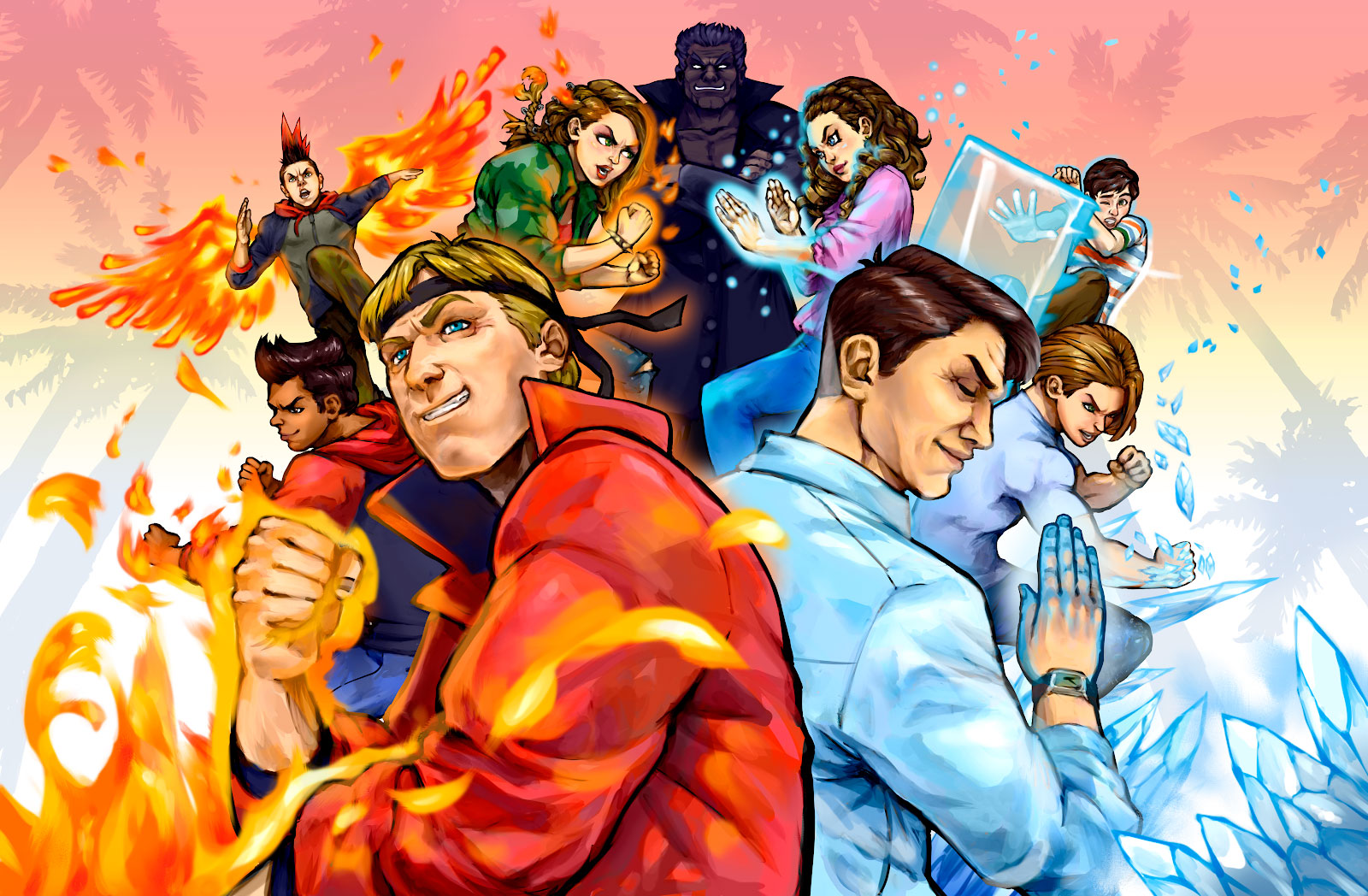
Table of Contents
Dive into the fascinating world of Cobra Kai, the wildly popular sequel series to the iconic The Karate Kid franchise. This analysis explores the intricate web of continuity that binds these two cinematic universes, examining how Cobra Kai cleverly expands upon the original films while forging its own unique path. We'll delve into character arcs, dojo philosophies, and the enduring legacy of the original trilogy, showcasing how the show successfully maintains continuity while building a compelling new narrative.
Character Development and Evolution
Daniel LaRusso's Journey
Daniel LaRusso's transformation from the underdog karate champion of The Karate Kid to a successful businessman in Cobra Kai is a compelling study in character development. The series masterfully explores the lingering effects of his past traumas, particularly his rivalry with Johnny Lawrence. This shapes his present, revealing a man still haunted by the battles of his youth.
- His struggle to balance his business life with his responsibilities as a sensei: Daniel's success in the car business doesn't shield him from the pressures of teaching Miyagi-Do karate. He constantly grapples with the demands of both worlds, sometimes at the expense of his family and personal well-being.
- His evolving relationship with Johnny: The central conflict driving much of Cobra Kai is the evolving dynamic between Daniel and Johnny. Their relationship, initially defined by animosity, slowly evolves into a complex mix of begrudging respect, uneasy alliance, and even a fragile form of friendship.
- His continued application of Miyagi-Do techniques: Daniel remains a staunch believer in the Miyagi-Do philosophy, emphasizing defense, balance, and self-control. His teaching style reflects this, highlighting the enduring influence of Mr. Miyagi's teachings.
- His family life and its influence on his choices: Daniel's family, particularly his daughter Sam and son Anthony, profoundly impact his decisions and actions. His desire to protect them often fuels his conflicts with Johnny and the Cobra Kai dojo.
Johnny Lawrence's Redemption Arc
Johnny Lawrence's journey in Cobra Kai is arguably the most captivating aspect of the series. He moves from the bitter, resentful antagonist of the original films to a flawed but ultimately well-meaning mentor figure. His redemption arc is not a simple transformation; it's a messy, complicated process riddled with setbacks and self-doubt.
- His renewed sense of purpose through Cobra Kai: Reopening the Cobra Kai dojo gives Johnny a sense of purpose he's lacked since his defeat in the All-Valley Karate Tournament. It's a way to reconnect with his past while attempting to create a better future.
- His evolving relationship with Daniel: Johnny's complex relationship with Daniel mirrors his own internal conflict. He wrestles with his past resentment while simultaneously forging an unlikely bond with his former nemesis.
- His personal growth and struggles with his past: The series delves deep into Johnny's past, exploring the events and relationships that shaped him into the man he became. He actively tries to overcome these issues, though the process is often painful and halting.
- His relationship with Miguel and Robby: Johnny's relationships with his students, particularly Miguel and Robby, highlight his personal growth. He acts as a flawed but ultimately caring mentor, showcasing his capacity for love and loyalty.
The Next Generation of Fighters
The legacy of Daniel and Johnny's rivalry continues through a new generation of karateka. Miguel Diaz and Robby Keene, representing the contrasting styles of Miyagi-Do and Cobra Kai respectively, embody the ongoing conflict. Their individual journeys are compelling narratives within the larger story.
- Exploration of their training styles: Miguel and Robby's training styles directly reflect the philosophies of their respective dojos. Miguel's disciplined approach contrasts sharply with Robby's aggressive tendencies.
- Their rivalries: The rivalry between Miguel and Robby, fueled by their contrasting backgrounds and mentors, forms a central conflict within the Cobra Kai narrative. Their relationship highlights the generational impact of the original conflict.
- Their personal growth: Both Miguel and Robby undergo significant personal growth throughout the series, learning valuable life lessons and navigating the complexities of adolescence.
- How they represent a new chapter: Miguel, Robby, and other young characters represent a new chapter in the ongoing saga. They are products of their mentors’ philosophies, but they also forge their own paths, adding complexity and nuance to the story.
The Enduring Legacy of Dojo Philosophies
Miyagi-Do Karate's Principles
Miyagi-Do Karate, as taught by Mr. Miyagi and later Daniel LaRusso, emphasizes defense, discipline, and balance. It stands in stark contrast to the aggressive approach of Cobra Kai. The core tenets of Miyagi-Do are shown repeatedly, demonstrating its effectiveness and ethical implications.
- Specific examples of Miyagi-Do techniques: The series showcases iconic Miyagi-Do techniques, reinforcing the legacy of Mr. Miyagi’s teachings while adapting them for a modern context.
- Analysis of its philosophical underpinnings: Miyagi-Do's philosophy goes beyond mere fighting techniques, emphasizing self-improvement, respect, and inner peace. This is in constant tension with the aggressive tactics of Cobra Kai.
- How it’s adapted for a new generation: Daniel adapts Miyagi-Do to fit the needs and personalities of his students, demonstrating the philosophy’s flexibility and adaptability.
The Aggressive Doctrine of Cobra Kai
Cobra Kai's philosophy, under John Kreese's initial leadership and later Johnny Lawrence's attempts at reform, is characterized by its aggressive and ruthless approach to karate. This forms a constant tension with Miyagi-Do's more defensive stance.
- Comparison of Kreese's and Lawrence's leadership styles: Kreese's ruthless approach is contrasted with Lawrence's attempts at a more nuanced—though still flawed—approach to leadership. This highlights the evolving nature of the dojo's philosophy.
- The impact of the dojo's aggressive techniques: Cobra Kai's emphasis on aggressive techniques leads to both victories and ethical dilemmas, raising questions about the true meaning of strength and victory.
- The ethical dilemmas presented by Cobra Kai's methods: The show continuously explores the ethical implications of Cobra Kai's teachings, demonstrating that victory at any cost can have devastating consequences.
Expanding the Karate Kid Universe
Cobra Kai seamlessly expands on the lore and events hinted at in The Karate Kid films, adding depth and complexity to the original narrative. It manages to fill in plot holes while introducing new elements that feel organic to the existing universe.
- Specific examples of callbacks and references: The show is filled with subtle and overt references to the original films, creating a sense of nostalgia while enriching the narrative. These references deepen the connection to the original trilogy.
- How the show fills in plot holes or expands upon existing characters' backstories: Cobra Kai enriches the original story by filling in gaps and expanding on the backstories of existing characters, adding layers of complexity.
- The introduction of new characters: The introduction of new characters who fit seamlessly into the established universe broadens the narrative scope without sacrificing the core themes.
- The exploration of the broader karate community: The show expands the world beyond Daniel and Johnny, exploring the broader karate community and its various styles and personalities.
Conclusion
Cobra Kai isn't merely a nostalgic trip down memory lane; it's a masterclass in sequel storytelling, skillfully weaving together the legacy of The Karate Kid with compelling new narratives and characters. The series masterfully explores themes of redemption, mentorship, and the enduring power of personal growth, offering a nuanced and engaging continuation of this beloved franchise. The show's success lies in its ability to honor the past while forging a new path, maintaining continuity while introducing fresh perspectives.
Call to Action: Whether you're a longtime fan of The Karate Kid or a newcomer to the saga, delving into the rich continuity of Cobra Kai is a must. Engage in the ongoing conversation – explore the legacy of Cobra Kai and The Karate Kid and share your thoughts on the show's impact on the franchise! Discuss your favorite character arcs, dojo philosophies, and moments of continuity. What aspects of the Cobra Kai continuity have you found most compelling? Let us know in the comments below!

Featured Posts
-
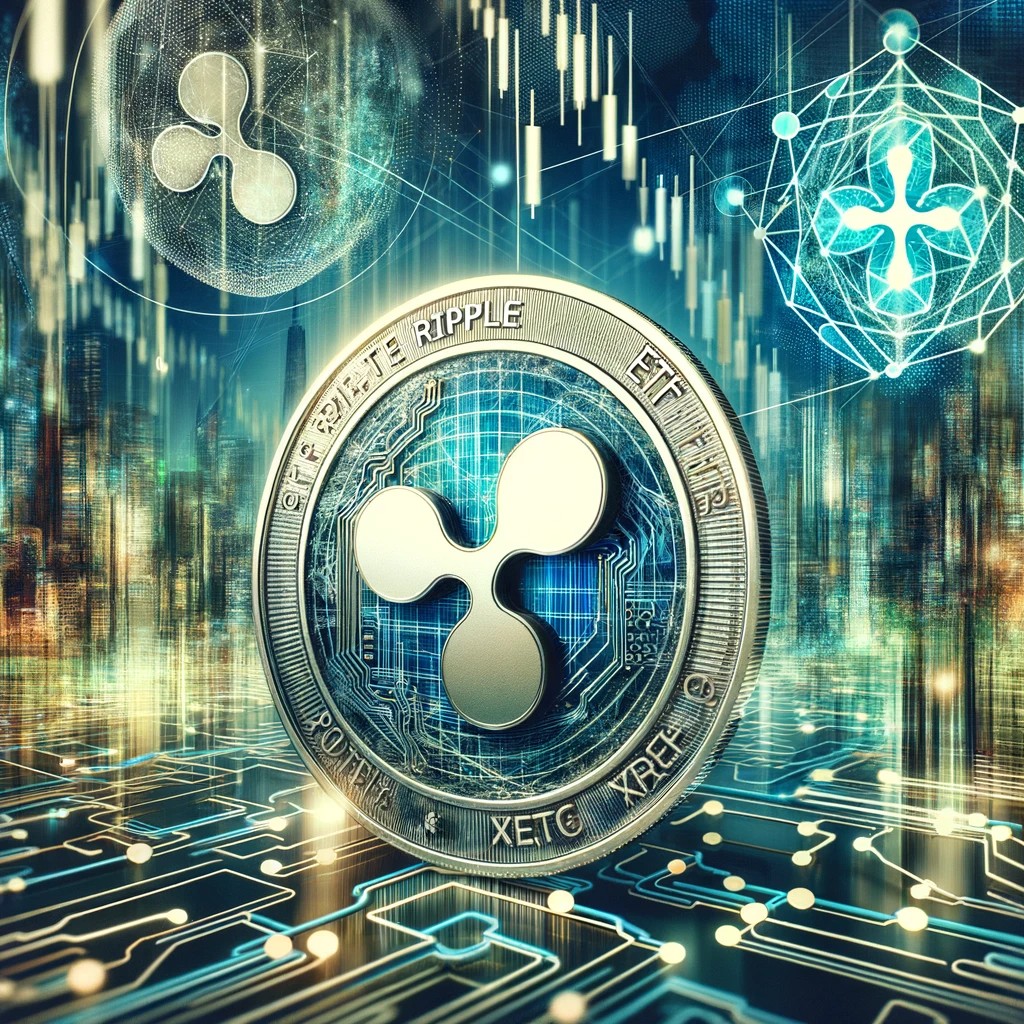 Analyzing The Potential Impact Of Xrp Etf Approval On Investment Flows
May 07, 2025
Analyzing The Potential Impact Of Xrp Etf Approval On Investment Flows
May 07, 2025 -
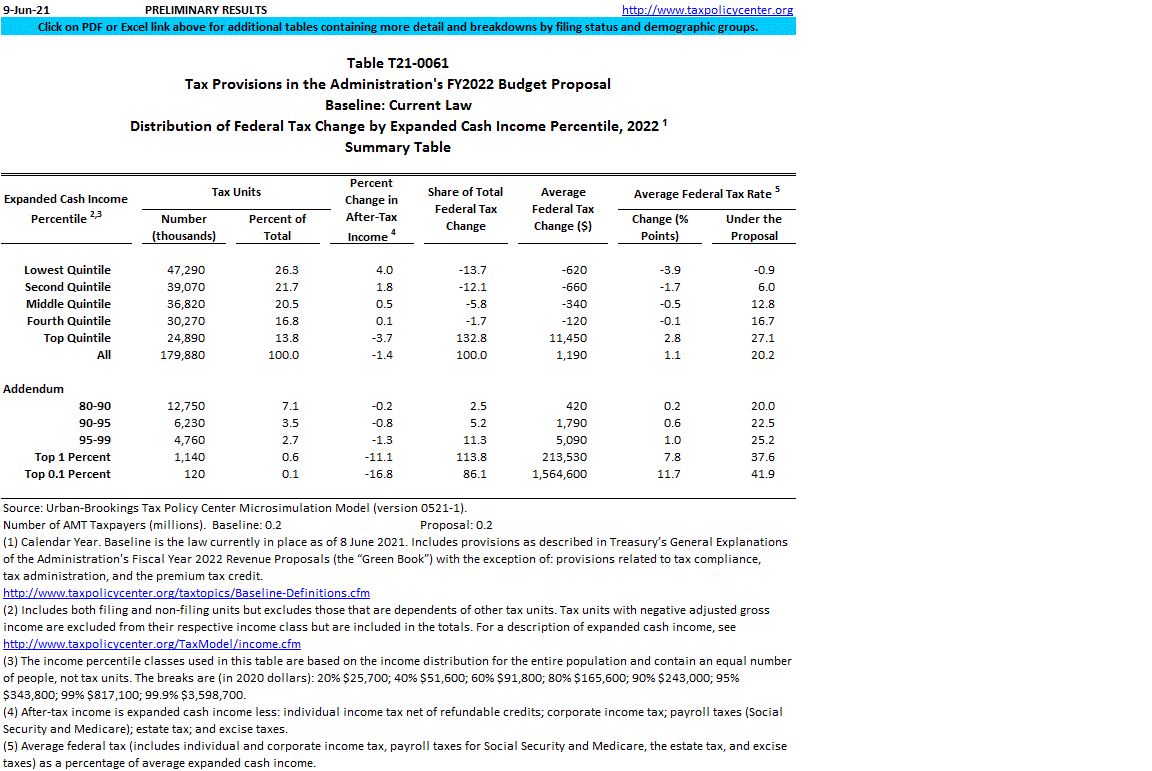 Ontarios Upcoming Budget Expanded Manufacturing Tax Credit Detailed
May 07, 2025
Ontarios Upcoming Budget Expanded Manufacturing Tax Credit Detailed
May 07, 2025 -
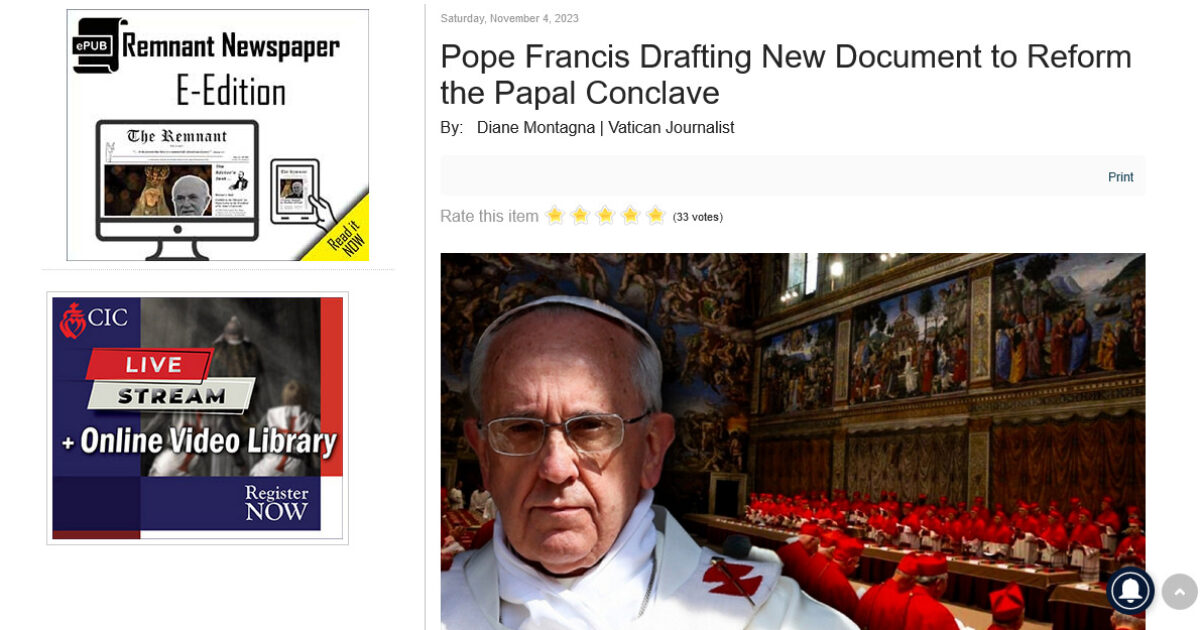 Mobile Phone Deactivation At Vatican For Upcoming Papal Election
May 07, 2025
Mobile Phone Deactivation At Vatican For Upcoming Papal Election
May 07, 2025 -
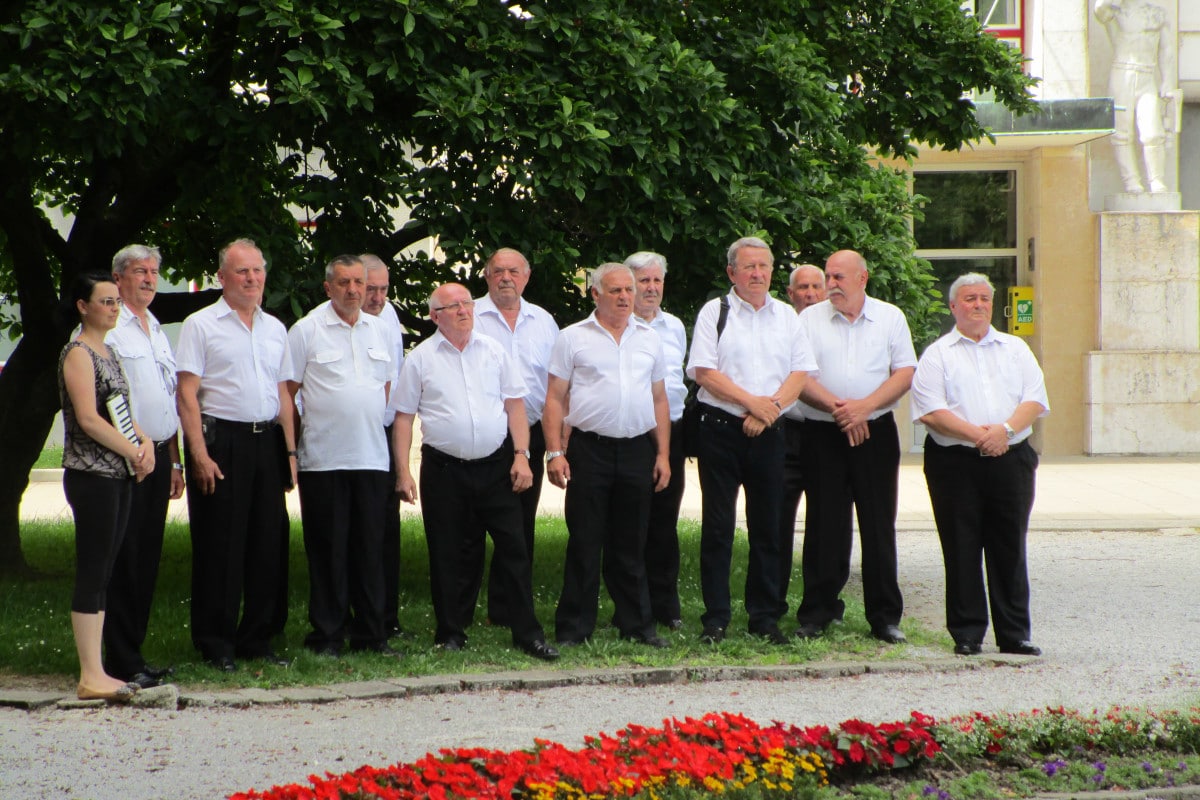 V Nasih Srcih Ohranjanje Spomina Na Drage Ljudi
May 07, 2025
V Nasih Srcih Ohranjanje Spomina Na Drage Ljudi
May 07, 2025 -
 Zendayas Family Dynamics Sibling Relationships And A Mothers Influence
May 07, 2025
Zendayas Family Dynamics Sibling Relationships And A Mothers Influence
May 07, 2025
Latest Posts
-
 Cybercriminal Accused Of Millions In Office365 Executive Account Hacks
May 08, 2025
Cybercriminal Accused Of Millions In Office365 Executive Account Hacks
May 08, 2025 -
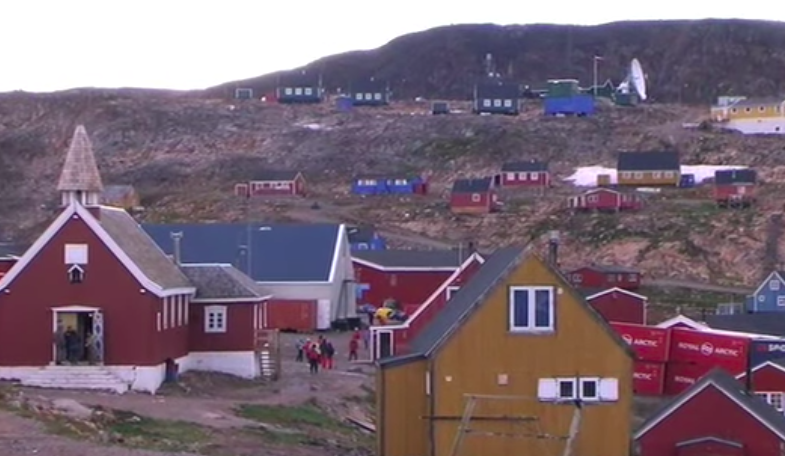 Is Trump Right Assessing Chinas Influence In Greenland
May 08, 2025
Is Trump Right Assessing Chinas Influence In Greenland
May 08, 2025 -
 Federal Charges Millions Stolen Via Compromised Office365 Executive Accounts
May 08, 2025
Federal Charges Millions Stolen Via Compromised Office365 Executive Accounts
May 08, 2025 -
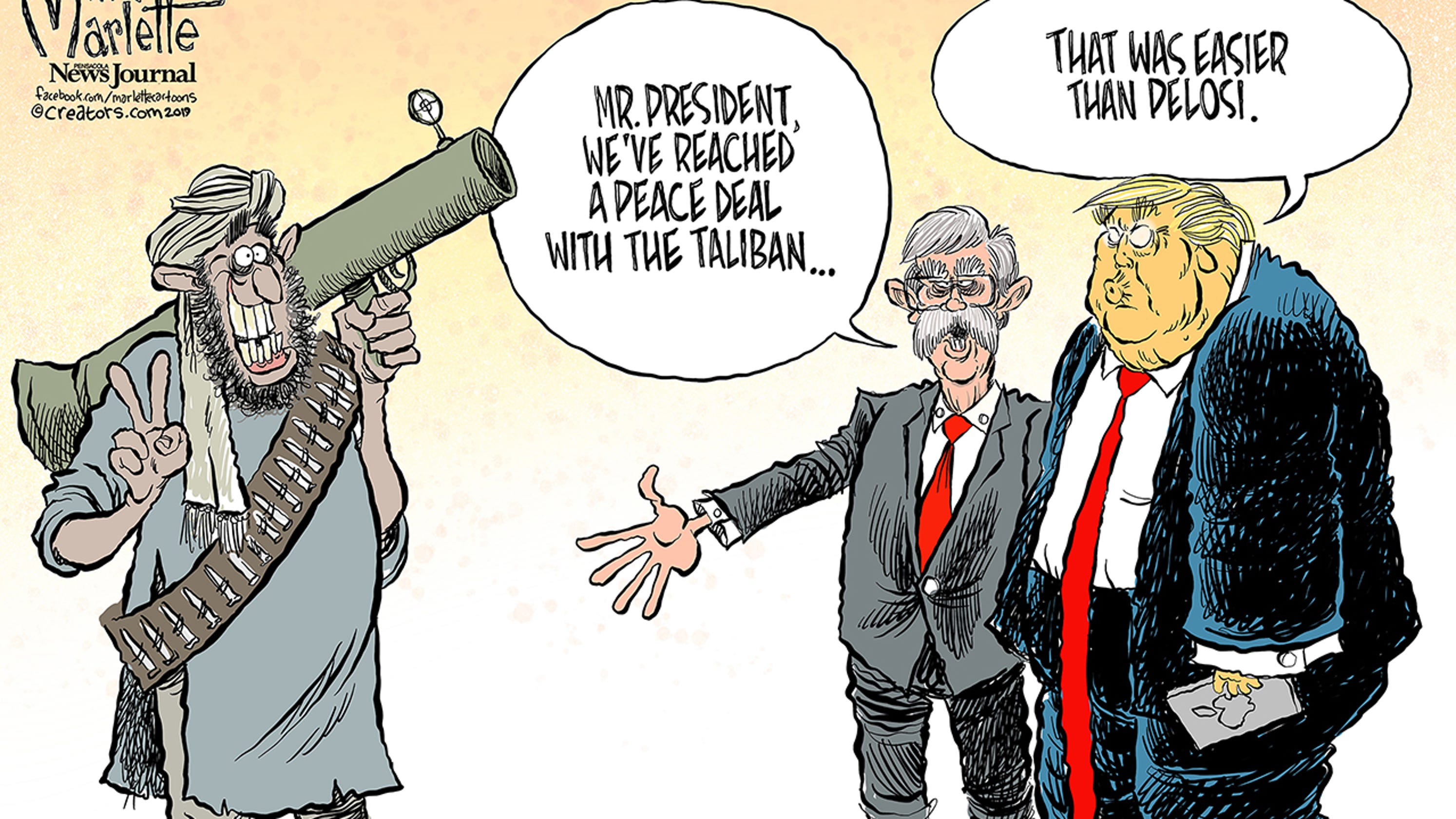 Trumps Greenland Concerns Is China A Real Threat
May 08, 2025
Trumps Greenland Concerns Is China A Real Threat
May 08, 2025 -
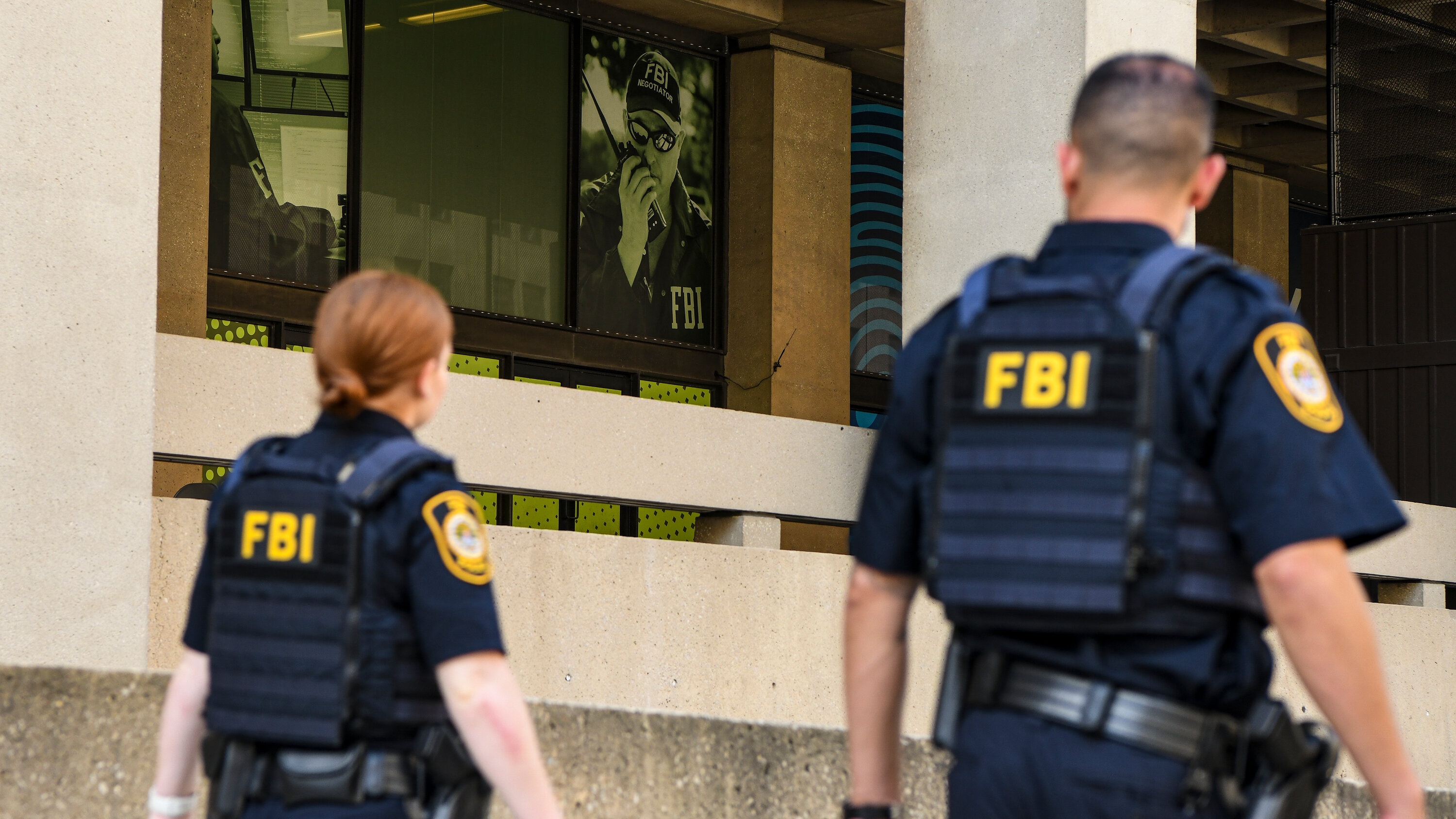 Millions Made From Executive Office365 Account Breaches Federal Investigation
May 08, 2025
Millions Made From Executive Office365 Account Breaches Federal Investigation
May 08, 2025
